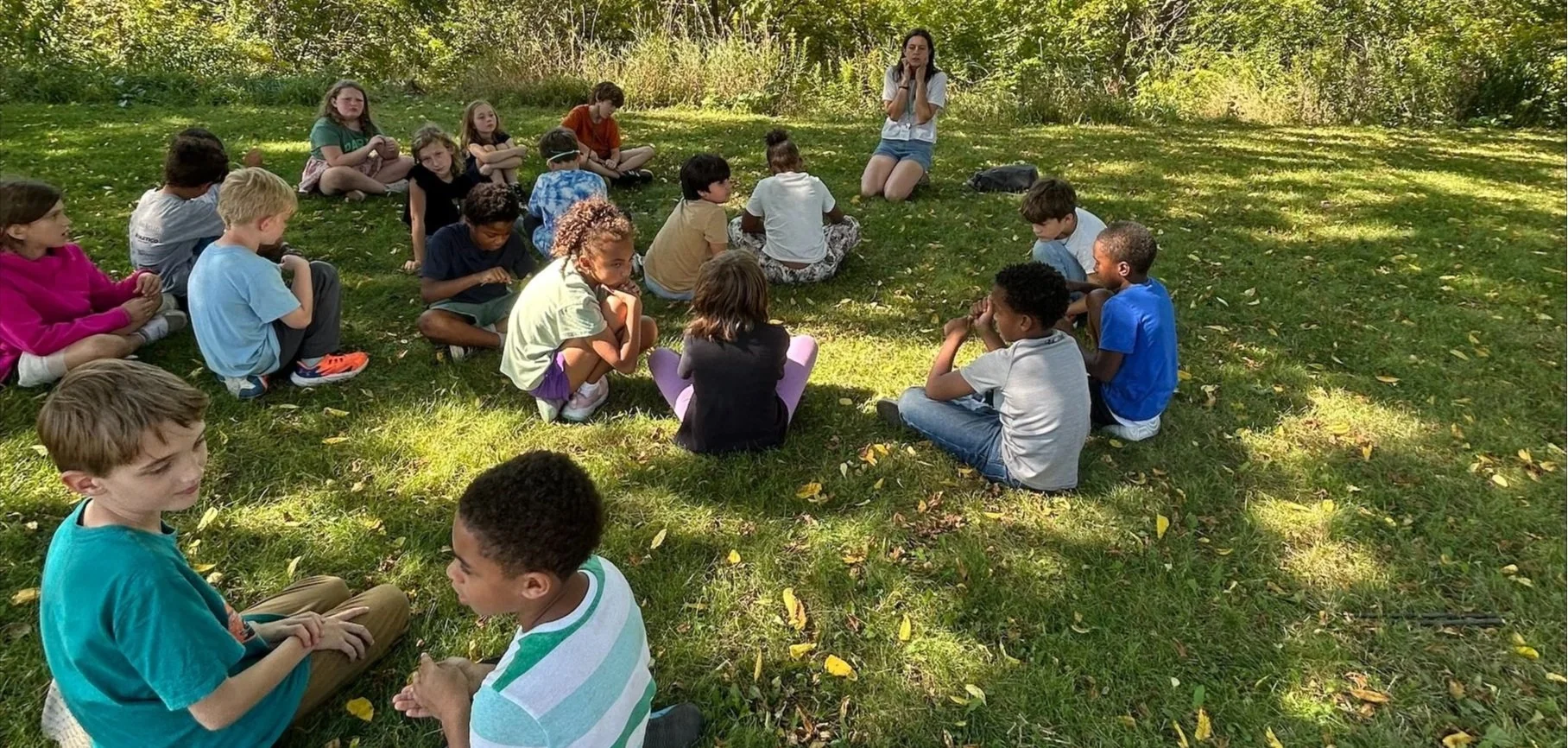Tamarack Waldorf School envisions an inclusive, peaceful society that honors childhood and fosters the well-being of the individual, community, and the natural world.
OUR GUIDING PRINCIPLES
We recognize that children’s needs, interests, strengths, and challenges evolve from early childhood through 8th grade.
Our curriculum is designed to meet each developmental stage as children grow, providing the right experience at the appropriate time.
We work to increase the diversity of our school and promote equity and inclusion for all community members
regardless of
race, ethnicity, religion, financial means, sexual orientation, sexual identity, gender, or disability status. This includes ensuring that we have a continually evolving curriculum that meets all our students.
Relationships are what make our work possible.
Between students and teachers, among classmates, among faculty members, between all community members. We consciously strive to foster and support healthy relationships in all areas of our community.
Human beings are individuals with their own personal strengths, challenges, and interests.
We seek to meet each community member with love and care, ensuring that there is flexibility and support in our classrooms, policies and practices, and community expectations.
Children are best supported when there is partnership between home and school.
We seek to provide parent support, education, and engagement, and we ask that parents work collaboratively work with teachers.
Each community member is a whole human being: body, soul and spirit.
Our faculty and staff members draw insight and inspiration from the work of Rudolf Steiner and Anthroposophy.
Through our curriculum, policies, employment agreements, community expectations and services beyond the classroom
we strive to fully engage all community members and create a culture of purposeful activity and joy.
Through our community life we respect and support the inner development and growth of our community members, sharing the celebration
of festivals, athletic competition, artistic work and study.
Collaboration and shared responsibility are the foundations of our school governance and leadership model.
We work with consensus within all governance groups. We are committed to a transparent and cooperative process for all significant decisions in the school.
The spirit of this mission remains unwavering. We believe it captures the essence of who we are and the ideals we strive for each and every day. Tamarack is a uniquely diverse Waldorf community. No other Waldorf school in our country serves the broad range of socio-economic backgrounds that comprise our student body and overall community. Through your support, we will continue to grow and serve.
AWSNA Principles for Waldorf Schools
Founded in the early 20th century, Waldorf education is based on the insights and teachings of Rudolf Steiner. Guided by these insights, AWSNA members have adopted the following eight AWSNA Principles for Waldorf Schools. These principles articulate the most important values that inform the policies and practices of Waldorf schools in North America and are held as a central tenet of our schools’ accreditation process.















